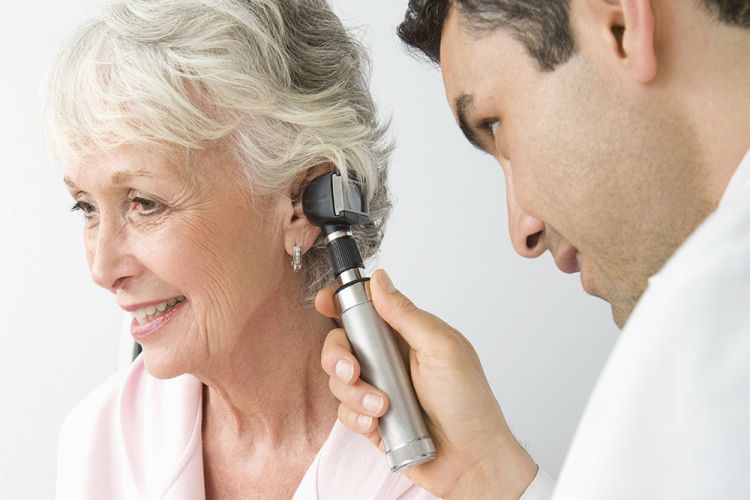 When a person suffers from hearing loss, they may not know where to turn for help. Experts recommend starting with their primary care physician. The primary care physician can then direct the person to the appropriate specialist. The primary care doctor will help each individual find the right specialist for their needs.
When a person suffers from hearing loss, they may not know where to turn for help. Experts recommend starting with their primary care physician. The primary care physician can then direct the person to the appropriate specialist. The primary care doctor will help each individual find the right specialist for their needs.
Audiologist
An audiologist is a professional who has undergone training and received a master’s degree, clinical doctorate, or research-based doctorate from a university. These individuals conduct diagnostic testing to find hearing problems and determine the extent of the problems. This may include tinnitus and balance disorders, among other things.
Certain audiologists specialize in a particular area, such as cochlear implants. When a person needs to find a hearing specialist, they may do so to purchase hearing aids or when they have ringing in the ears. The goal of this professional is to find a solution for each patient, depending on the problem they are experiencing, their lifestyle, and their budget.
Educational Audiologist
Educational audiologists work within a school system to help children with hearing loss receive the same educational opportunities their peers do. They determine how the hearing loss impacts the child’s learning and develop a plan to overcome any challenges the child experiences. With the help of an educational audiologist and other members of the school’s staff, an individualized education program is established for the child. This outlines the support the child will receive to help them mainstream into the school system.
Hearing Instrument Specialist
A hearing instrument specialist fits assistive devices for individuals suffering from hearing problems. They do many of the same things audiologists do and must be licensed by the state to work in this field. Individuals in this field work with adults and refer pediatric patients to a pediatric audiologist or otolaryngologist. A person may see a hearing instrument specialist when they want to buy a hearing aid or when they need their existing hearing aid programmed or maintained.
Seeing a Neurotologist
Certain individuals require surgery to address the hearing problems they are experiencing. The problem may originate within the temporal bone or the base of the skull, and the neurotologist will carry out the appropriate surgery. They handle cases involving otosclerosis and acoustic neuromas, along with many others. These doctors also work with neurosurgeons to treat cranial nerve disorders.
Otolaryngologists or ENTs
Otolaryngologists, also known as ENTs, are medical doctors who treat diseases and disorders of the ear, nose, and throat. They address hearing loss, ear infections, balance disorders, middle ear issues, and more. To practice as an otolaryngologist, a person must complete four years of college, four years of medical school, and a five-year residency in the field. They then become certified by the American Board of Otolaryngology. If the otolaryngologist believes a hearing aid will benefit a patient, they may refer this individual to an audiologist to be tested and fitted for the hearing device.
When a person first notices hearing loss, they should make an appointment with their primary care physician. This doctor rules out minor issues that may be temporary. In addition, they can make recommendations regarding which type of specialist the person should see. This ensures the patient gets prompt care to resolve the hearing issue and restore their ability to communicate with others fully, which is an essential part of everyday life.











